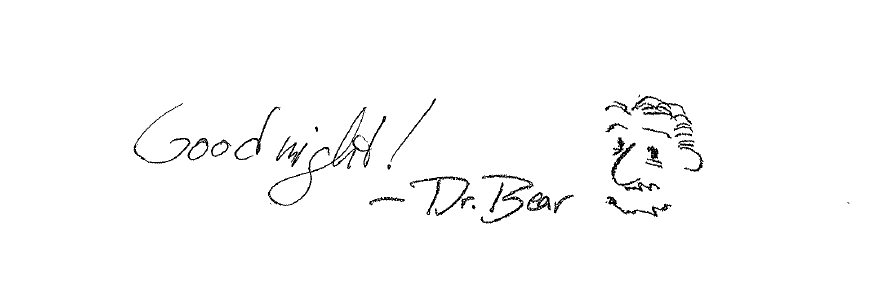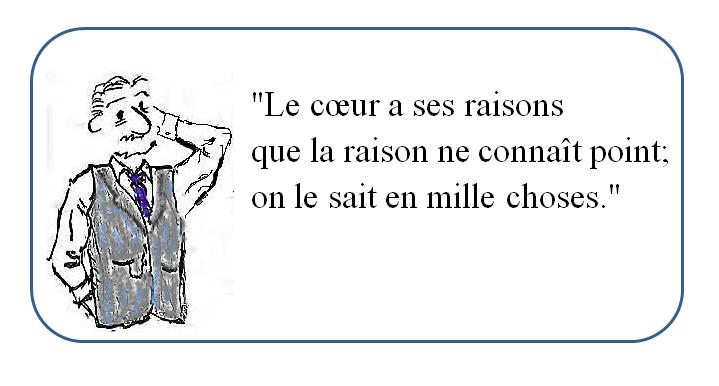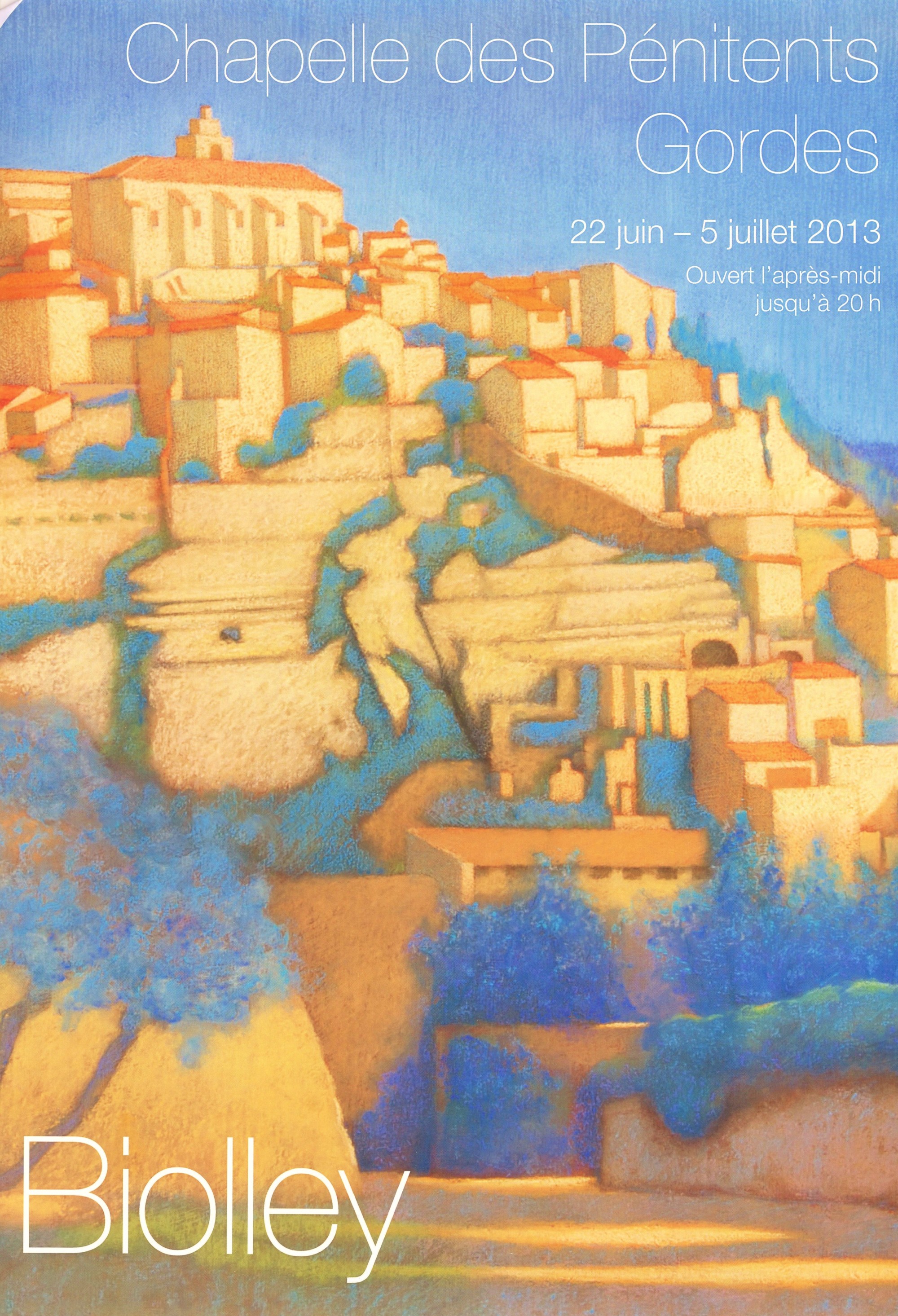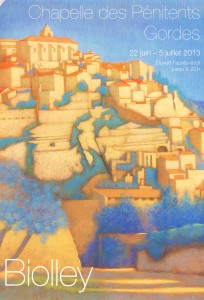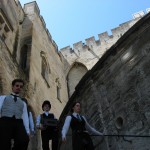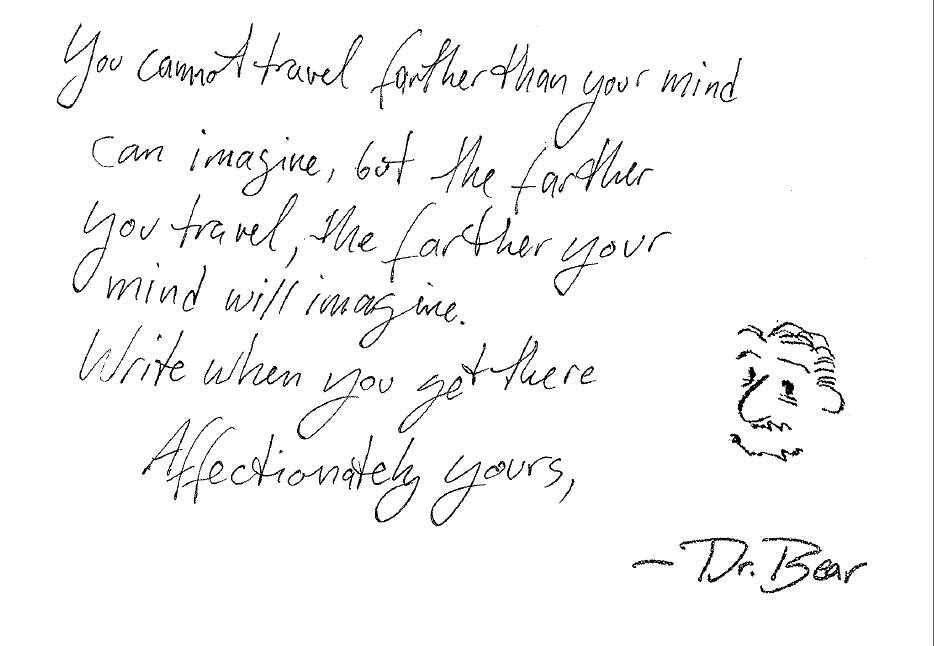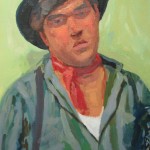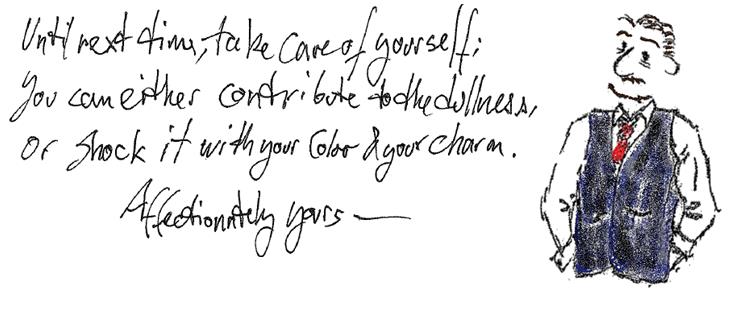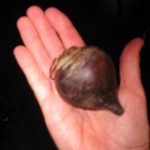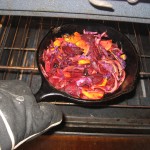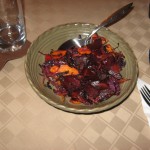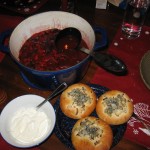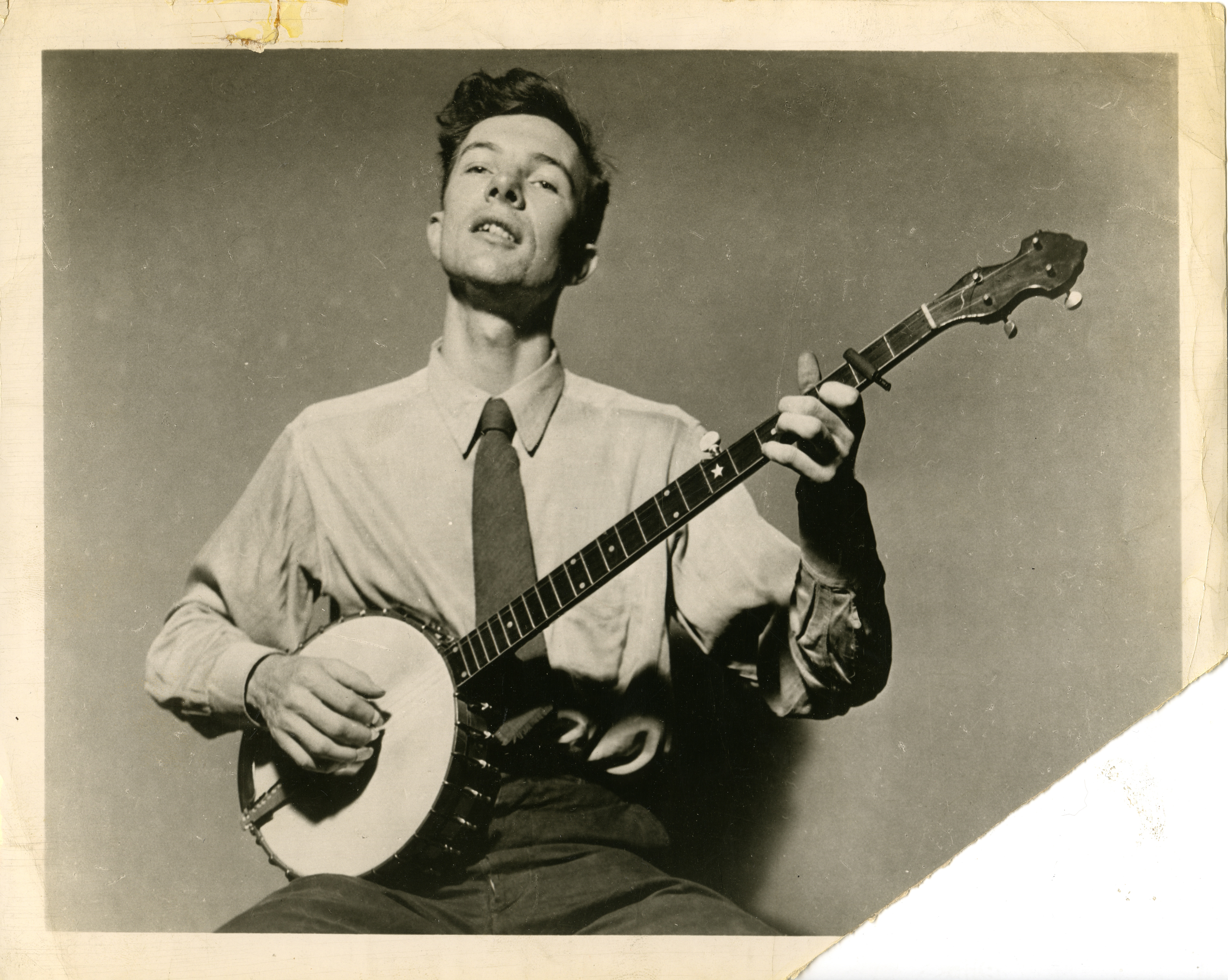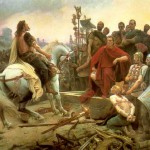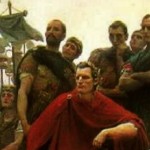This is a belated Valentine’s Day Entrée.
As sometimes happens, the audio is available here.
Some things simply cannot be known.
You cannot look at the sky and track the eagle,
You cannot look at the sea and track the ship,
you cannot look at the rocks and track the snake,
and you cannot explain the human heart.
I am a man of reason.
Not only do I believe in the power of reason, I have lived relying on reason. It is part of my credo, and a big, big part of my life. It is deeply engrained in who I am. Although I generally argue against splitting the person into different parts, as if mind, body, heart, and soul were all different things to be examined and discussed separately, I have found that the heart keeps its own council, and does not always seem to be inclined to share its plans, or even its reasons. As Blaise Pascal wrote: “The heart has its reasons of which reason cannot know.”
I have spoken to men who have had heart surgery and am amazed at how many of them report being more emotional, more open to tears, more sentimental afterwards. A broken heart: is that not just a metaphor? Breaking the organ does not really affect one emotionally, does it? Yet this metaphor has a power beyond our casual use of it. The heart is its own creature, doing as it will, being broken or healed.
The heart is a mystifying aspect of being human.
The heart suddenly decides something else. One sees a pair of eyes, one hears a voice, one is stabbed by a smile and a laugh, and suddenly the world is flooded with colour.
There is suddenly an ache, a euphoria, an inescapable weight heavier than stone, and a sudden flight lighter than air. In the harshest winter, there is suddenly full spring, or in the softest summer, there is suddenly frost.
Where there were plans, suddenly one wastes time, and the plans keep changing to turn into new plans—sometimes grudgingly approved by reason, sometimes in spite of reason’s strong disapproval. The mind shakes its head, but the body—it cannot help but follow the heart. It must go where the heart sends it (enjoying every bit of the journey). One bays at the moon or hangs poems on trees. Why? Who can say? One can give a hundred reasons, but none of them are the reason.
The heart has changed, and with it… everything.
I love you; I cannot do otherwise.
Or suddenly there is a change of heart.
That sounds simple enough, but with the change of a heart, certainties vanish, worlds crumble and lives are torn apart. Where there was warmth, there is now coldness and bitterness. What could once be forgiven is now clung to in pettiness.
The heart keeps it own council. The heart has its own reasons, but the mind is left to deal with the wake of destruction—one even worse than falling into love. The heart has gone where it has gone, but suddenly the body aches with tension, with headaches, it cannot sleep, it cannot eat. Life continues, but if one’s heart is not in it, it is drudgery, routine, a cold March slough.Why has the heart changed? Why has the love slowly ebbed away to pearly grey and barrenness? Again, one can give a hundred reasons, or list a hundred faults, but none of them are the reason, none of them are at fault.
The heart has changed, and with it… everything.
I don’t love you any more; I cannot pretend otherwise.
…and none of that even begins to express the confusion and messiness of the other poor human beings whose lives are changed by that mercurial creature, the human heart.
Humans may believe that the mind is minding their business, but they are ruled by their mischievous hearts.
I know a lot. I even wrote a dissertation on human behaviour and understanding, but the wiser I get, the less I understand this simple, common, human thing: the heart.

